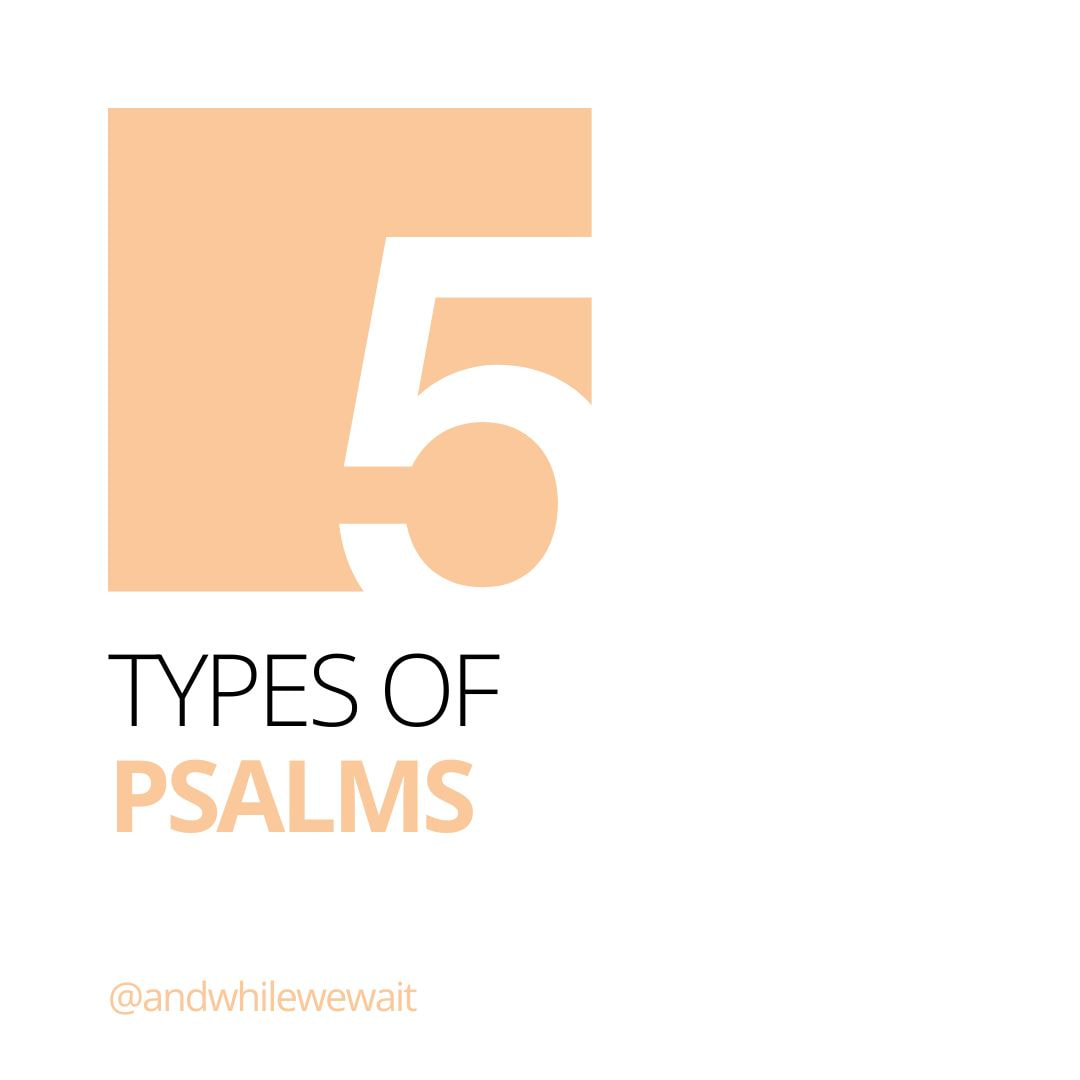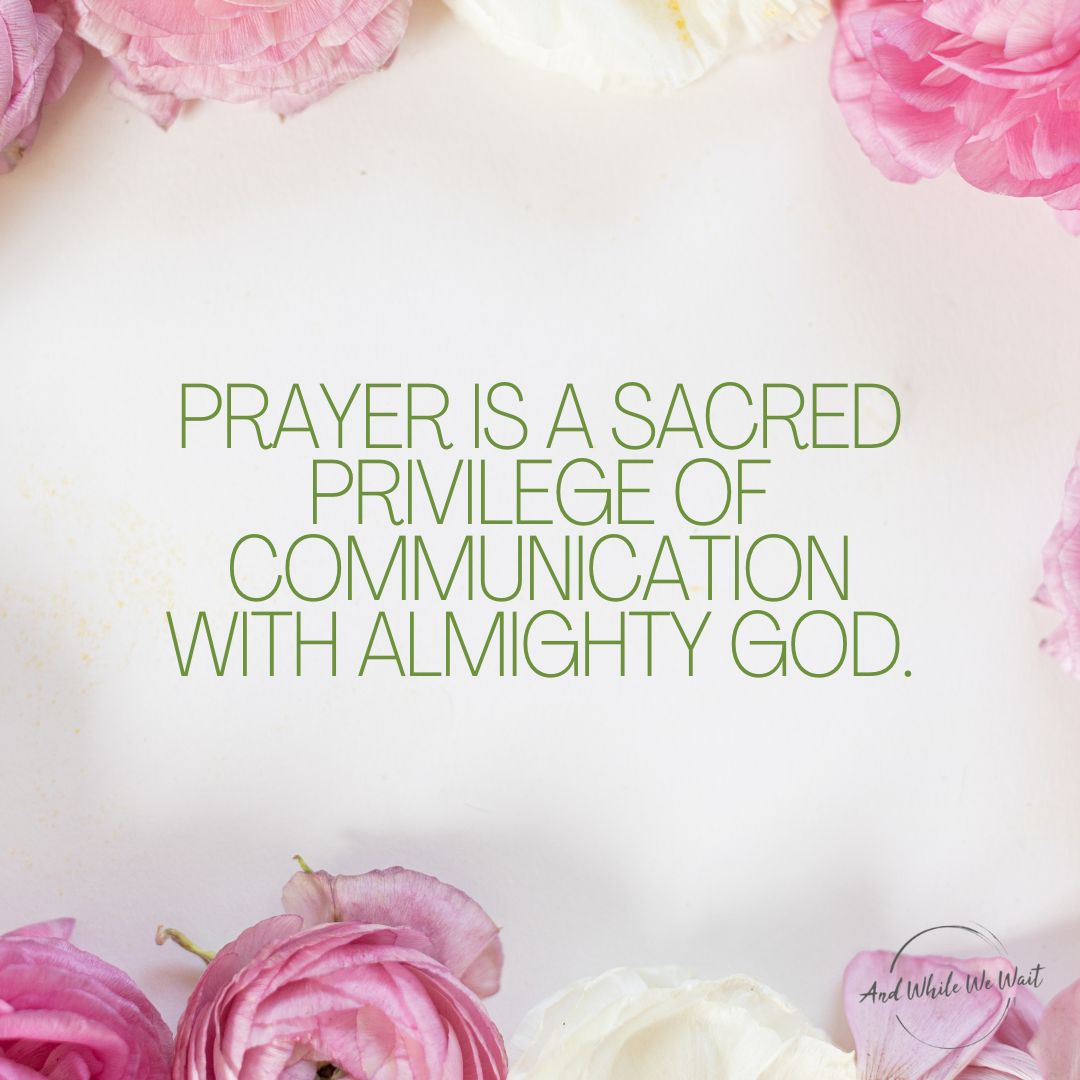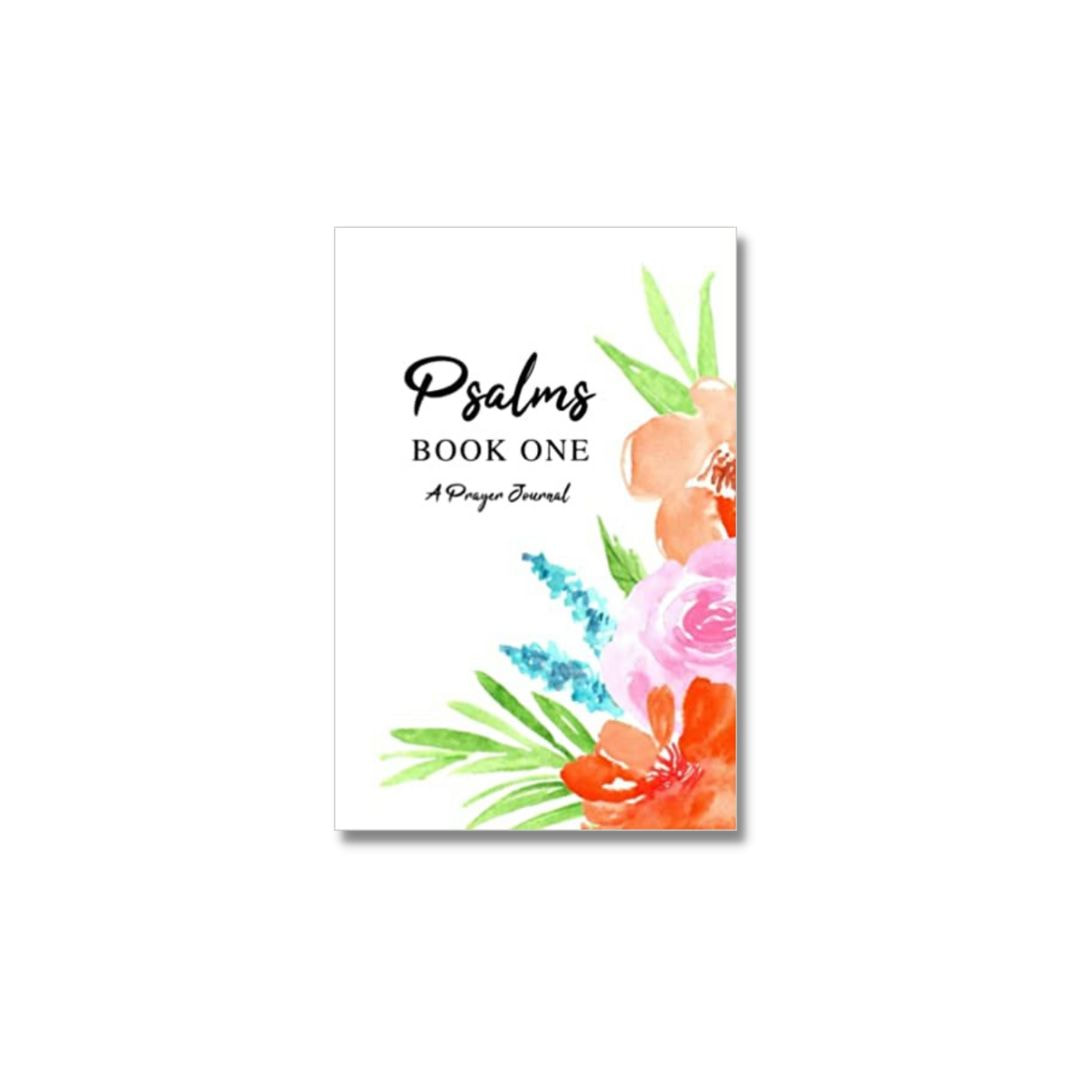|
If you do a search or read several commentaries, you’re going to come up with a variety of answers on how many types of psalms there are in the Bible. This is one of those subjects that are interesting yet non-essential to the Christian life. There’s no need to get into heated debates about how many types of psalms exist! In the Psalms (Book One) A Prayer Journal simplicity was key. I wanted to make sure the lay reader and studier of the Bible could determine the type of psalm within their personal devotional time and not have to endure extensive research. Therefore, I went with five broad categories of the types of psalms: hymns, lament, royal, thanksgiving, and wisdom. I will talk through each below. I hope this information is helpful as you read through Chapters 1-41 of Psalms! Hymns When you hear the word hymn, your mind probably jumps to the classic hymns and hymn style that is sung in the church today. Actually, when we refer to a psalm as a hymn, it just means that it’s a general type of psalm and doesn’t fit in the other categories we’re going to discuss. Honestly, as I was reading through and studying the Psalms, this was my process-of-elimination category. If the psalm didn’t fit anywhere else, then it was probably a hymn. These psalms were sung at a variety of worship services and usually just general praise to the Lord. 1 Lord, our Lord, Lament The majority of Psalms Book One consists of lament psalms. These come from a point of sadness or complaint to the Lord. The psalmist is often crying out to God for help. This makes a lot of sense when you read the preface to so many psalms and know where David is coming from and what he is enduring when writing the psalm. The lament type of psalm is extremely important for us to understand because it is a great reminder that we can worship God no matter what our circumstance: the good, the bad, or the sad. 1 Listen to my words, Lord, Royal This type of psalm is the least common in Book One. There are only four to be exact. But, even though they are rare, I think they are pretty easy to determine. These psalms were sung in the presence of kings and were often prayers for the king. To oversimplify, the key word you’re looking for is king. Wondering why these exist? Remember, most of the Psalms, all in Book One actually, were written by King David. 6 Now this I know: Thanksgiving This is a type of psalm that is pretty easy to determine. They are psalms full of praise and celebration, thanking God for all that He has done! Oftentimes, you’ll see the key phrase give thanks. The only reason this psalm can be confusing is because some psalms fit into a few categories. Sometimes, David starts in lament and switches to thanksgiving as he worships the Lord. When determining the type of psalm, you can put it in both categories or choose one. 1 I will give thanks to you, Lord, with all my heart; Wisdom The final type of psalm are those that seek the wisdom and instructions of God and His Word. This may be another process-of-elimination category for you if you are having a hard time determining which are the wisdom psalms. There are some that state obviously Your Word and some that simply don’t fit in any other category so you know they are wisdom psalms. 3 Trust in the Lord and do good; I hope these five basic categories help you as you read through Psalms Book One! Make sure you pick up your copy of the Psalms (Book One) A Prayer Journal and download the free Psalms (Book One) At-A-Glance Worksheet.
0 Comments
“Rejoice always, pray continually, give thanks in all circumstances; for this is God’s will for you in Christ Jesus.” 1 Thessalonians 5:16-18 “But when you pray, go into your room, close the door and pray to your Father, who is unseen. Then your Father, who sees what is done in secret, will reward you.” Matthew 6:6 “Do not be anxious about anything, but in every situation, by prayer and petition, with thanksgiving, present your requests to God.” Philippians 4:6 Being a teacher was hard. I was disappointed because I loved working with the high school kids at church and I loved writing and planning lessons. I didn’t expect that most days as a teacher would be a struggle to find joy, a struggle to persevere, and a struggle in wondering if I made the right career decision.
Sometimes, I attempted to vent and talk with people, but they couldn’t really understand. To them, teaching meant a secure job and summer vacation. I just needed to get over it and take the paycheck. Because of this, I didn’t often share my struggles with anyone. But, God knew. Every day we would have a nice chat. He would listen to my venting and wonderings and I would sit and listen to Him and seek His wisdom and strength. I would grab a blanket, my Bible, and one of my many journals and settle in on the couch and start reading and writing. I know this time in my life is what has made me so passionate about prayer and prayer journaling. Prayer is powerful. Prayer is healing. Prayer is a sacred privilege of communication with Almighty God. Have you experienced it? Has your life been impacted by leaning on God in any and every situation? (Philippians 4:6) If it has, I want to encourage you to remind yourself of that and not minimize the power and beauty of prayer. Remember, prayer is all about God and the gift of communicating with Him. Unfortunately, sometimes the word prayer is minimized and misused for gossip or excuses. Have you ever heard someone say, “Did you hear what happened to so-and-so? Did you hear what they said? We need to pray for them.” Friends, that’s not sharing a prayer request, that’s sharing gossip. In those times, we shouldn’t stop and pray for that person, but rather pray and ask God for forgiveness for falling into temptation. Another instance when prayer is minimized is when it’s used as an excuse. “I’ve prayed about it and God told me to (fill in the blank).” For example, last week, I prayed about it and God said I should have cake and cookies for every meal (not with every meal, for every meal). If I say, “I prayed about it” that validates it as truth, right? Wrong! Just because you put the word prayer in front of your sentence or desire does not make it true. The cake and cookies was a silly example, but let’s stick the word prayer in front of a couple other sentences. “I prayed about it and God told me I don’t need to serve,” or “I prayed about it and God said I don’t need to read my Bible anymore.” Honestly, those sound just as silly! Let’s face it, there are some things God wouldn’t say no matter how hard or often you prayed. My challenge to you is to not only spend more time in prayer, but be more conscious of when you use the word prayer. Don’t minimize its value or sacredness! Be careful if you are sharing a prayer request. Ask yourself if it's necessary to share or if you just feel the urge to share it with someone. (The latter is gossip). Also, if you don’t want to do something, just be honest with others. Don’t pretend like God told you to do or not do something. Oftentimes, there are many right answers to a situation. Don’t stick the word prayer in front of your decision to gain more clout. In addition, when you’re praying, make sure you are listening to what God is telling you, not simply listening for what you want him to tell you. If you are someone who struggles to pray, I strongly encourage you to start a routine. Get a journal and find a special place to pray each day. Don’t let anything interrupt that time with you and God! |
Categories
All
Archives
January 2024
|




 RSS Feed
RSS Feed